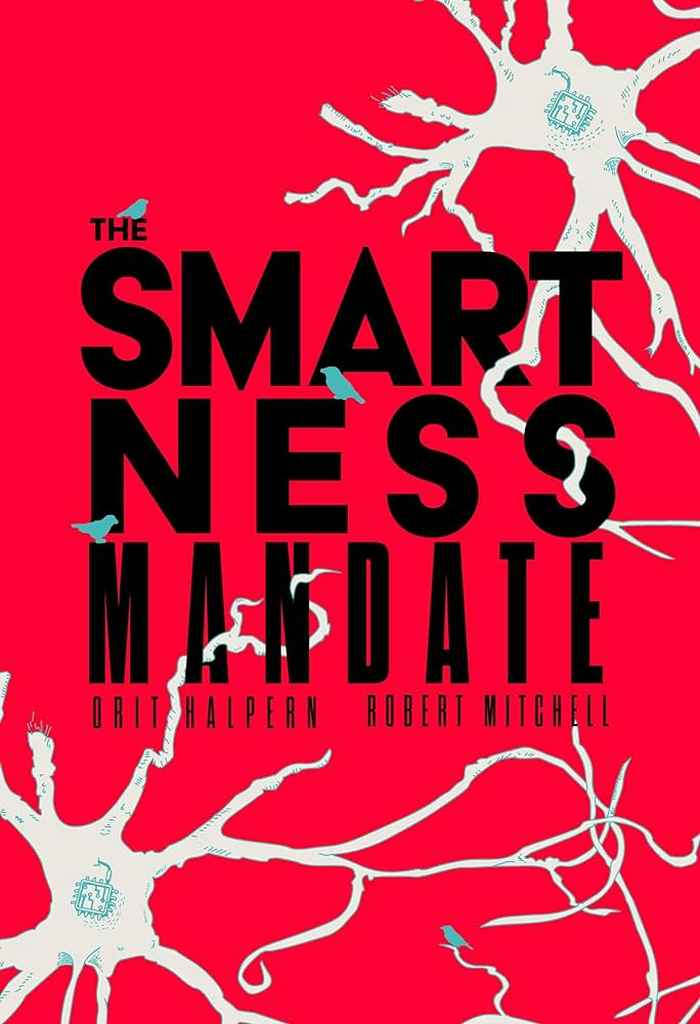The Smartness Mandate
Talk by Professor Orit Halpern
- Date
- 30 May 2024
- Time
- 15:00 -17:00
- Room
- REC-B1.02

What is smart?
Smart phones. Smart cars. Smart homes. Smart cities. The imperative to make our world ever smarter in the face of increasingly complex challenges raises several questions: What is this "smartness mandate"? How has it emerged, and what does it say about our evolving way of understanding—and managing—reality? How have we come to see the planet and its denizens first and foremost as data-collecting instruments?
Redefining Smartness
In The Smartness Mandate, Orit Halpern and Robert Mitchell radically suggest that "smartness" is not primarily a technology, but rather an epistemology. Through this lens, they offer a critical exploration of the practices, technologies, and subjects that such an understanding relies upon—above all, artificial intelligence and machine learning.
Implications for Society, Politics, and the Environment
The authors approach these not simply as techniques for solving problems of calculations, but rather as modes of managing life (human and other) in terms of neo-Darwinian evolution, distributed intelligences, and "resilience," all of which have serious implications for society, politics, and the environment.
The smartness mandate constitutes a new form of planetary governance, and Halpern and Mitchell aim to map the logic of this seemingly inexorable and now naturalized demand to compute, illuminate the genealogy of how we arrived here, and point to alternative imaginaries of the possibilities and potentials of smart technologies and infrastructures.
About the speaker
Orit Halpern is Full Professor and Chair of Digital Cultures at Technische Universität Dresden. Her work bridges the histories of science, computing, and cybernetics with design. She completed her Ph.D. at Harvard. She has held numerous visiting scholar positions including at the Max Planck Institute for the History of Science in Berlin, IKKM Weimar, and at Duke University. She is currently working on two projects. The first is a history of automation, intelligence, and freedom; the second project examines extreme infrastructures and the history of experimentation at planetary scales in design, science, and engineering.
She has also published widely in many venues including Critical Inquiry, Grey Room, and Journal of Visual Culture, and E-Flux. Her first book Beautiful Data: A History of Vision and Reason (Duke UP 2015) investigates histories of big data, design, and governmentality. Her current book with Robert Mitchell (MIT Press December 2022) is titled the Smartness Mandate. The book is a genealogy of our current obsession with smart technologies and artificial intelligence.
This talk is hosted by the Health, Care and the Body programme group, part of the Amsterdam Institute for Social Science Research (AISSR).
